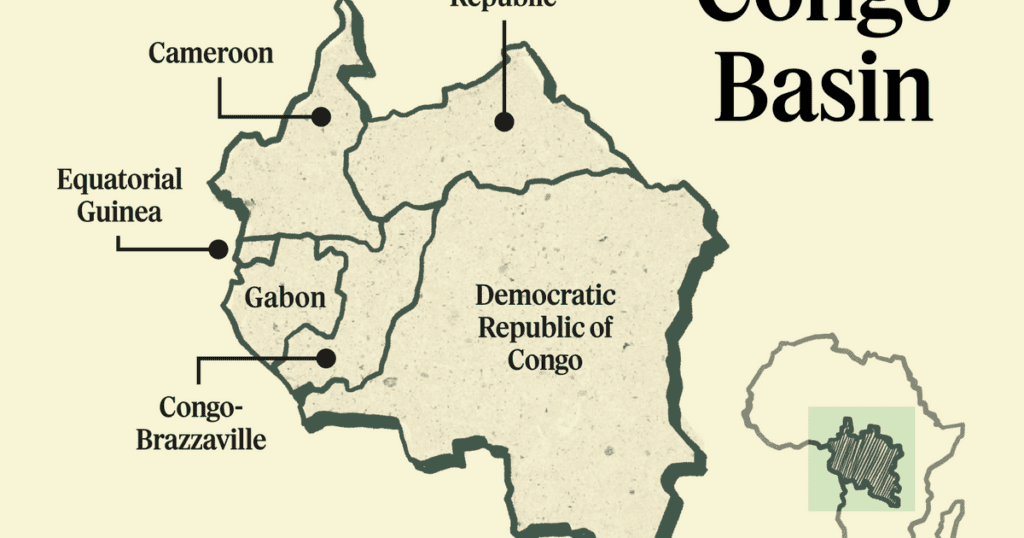Predicting where a coup will happen can be a fool’s errand at the best of times because there are too many variables to consider. But noting the conditions that encourage and enable them is a useful exercise because many of those factors apply equally in representative democracies.
The basic question citizens are asking is “what has my government done for me lately?” Survey after survey shows Africans broadly prefer democracy over military rule but if you’d seen the images of celebration of the coup out of Libreville, Gabon last month, you might think the opposite.
Georgetown University political scientist Ken Opalo said there’s a real risk of contagion in the region, especially with long-serving ineffective leaders. “The elevated coup risk in many countries is not necessarily about civilian tolerance of coups — big majorities abhor military rule — but about the failure of civilian rule over the last three decades,” he told me.
It’s worth noting that while surveys often show a preference for democracy in Africa, surveys by polling company Afrobarometer have also shown a high institutional trust in the military in many countries, sometimes higher than local judiciaries. “The military are seeing those numbers too,” noted W. Gyude Moore, a senior fellow at the Center for Global Development. ”So in countries where you have used the security services to keep yourself in power then they (the military) soon understand that they are in fact the ones with the power.”
Reuters/Scott Ngokila
A case in point was in Gabon where the deposed Ali Bongo, in a widely circulated video, called for the international community and Gabonese people to “make noise” on his behalf. “All of the democratic institutions, political parties, civil society, or media that would defend the constitutional order, had all been systematically undermined by the use of force,” said Moore, who was previously a government minister in Liberia. “The military knows that in all of these cases there is going to be no resistance.”
Well, there is some resistance but most of that has come from France as the loudest critic of the recent trend of coups all of which have happened in its former colonies. There is even an ongoing behind-the-scenes dispute over the aftermath of the Niger coup with the United States, which appears to have taken a more pragmatic approach in response. The French influence interests here run deep, said several of the analysts we spoke with.
“The two countries to watch are Congo Brazzaville and Cameroon,” said Mvemba Dizolele, director of the Africa program at the Washington based Center for Strategic and International Studies. “These are two countries where the French currently have a strong grip, they both have aged leaders who have mismanaged their countries.”
But there’s also a possibility that the French may turn a blind eye to future coup plotters if the governments are unpopular and there are assurances France’s interests will be protected. The Gabon coup is already being framed that way.
That might explain why Cameroon’s President Paul Biya recently reshuffled his top military brass. In Brazzaville, President Denis Sassou Nguesso had a reshuffle back in January but some say family disputes around the 79-year old could provide an opportunity for someone to make a move, including his nephew and intelligence chief Jean-Dominique Okemba. “There are a lot of people there with their own ambitions and their own relationships to France,” explained CSIS’s Dizolele.
Source link : https://www.semafor.com/article/09/14/2023/congo-basin-risk-african-coups
Author :
Publish date : 2023-09-14 07:00:00
Copyright for syndicated content belongs to the linked Source.
